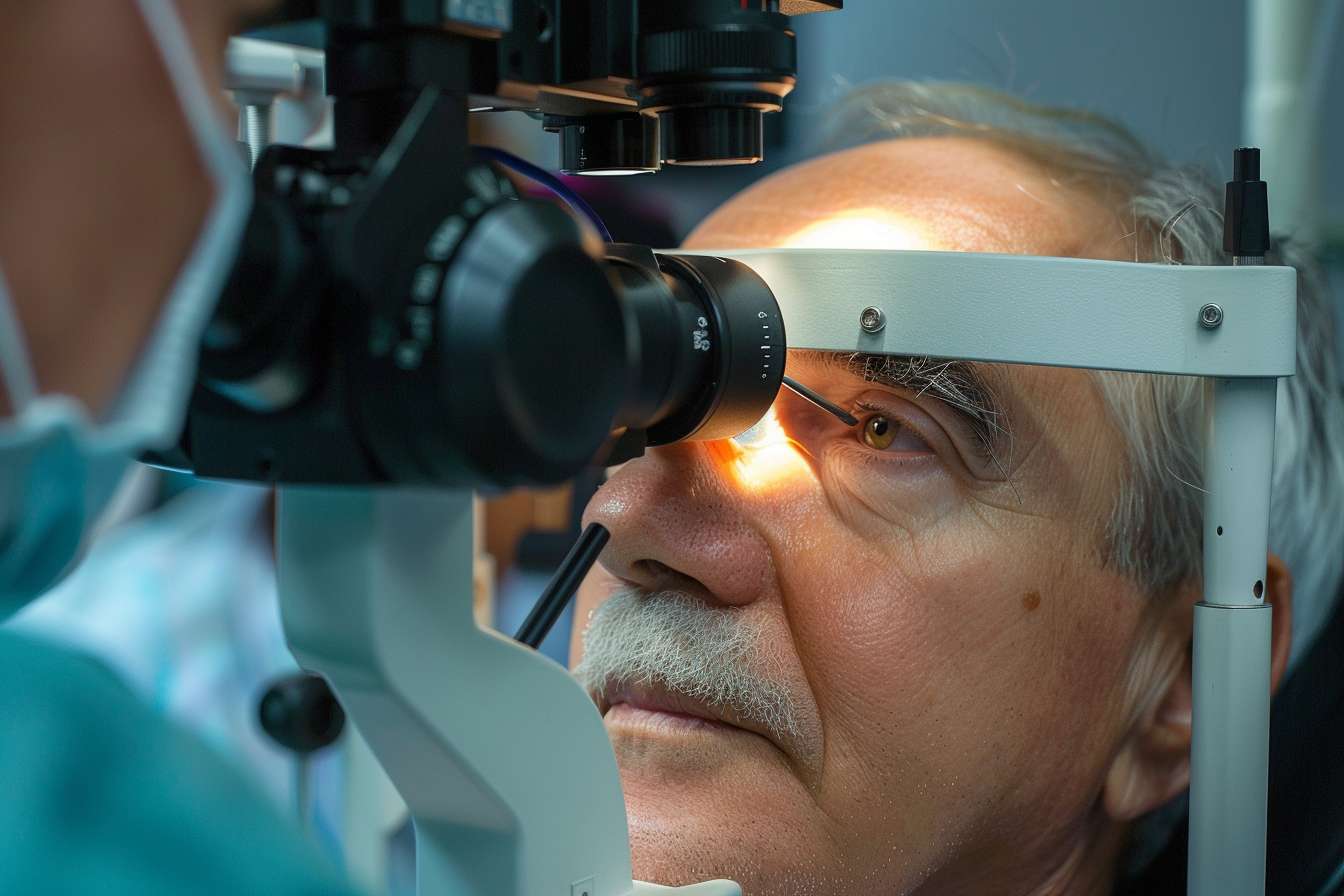Early Warning Signs and Tests Options for Dementia
This overview explains common questionnaires, early signs to note, when to speak with a doctor, and how memory clinics assess cognition, supporting timely guidance for individuals and caregivers. Recognizing the early warning signs and seeking immediate treatment can significantly improve outcomes for patients.

Recognizing Dementia Early Signs
Dementia often begins subtly, with symptoms that may initially be dismissed as normal aging. Memory problems are typically among the first noticeable signs, particularly difficulty remembering recently learned information. However, dementia encompasses more than memory issues alone. Early warning signs may include:
-
Challenges with planning or solving problems, such as difficulty following recipes or managing monthly bills
-
Trouble completing familiar tasks like navigating to a well-known location
-
Confusion about time or place, including losing track of dates or seasons
-
Difficulty understanding visual images and spatial relationships
-
New problems with words in speaking or writing, such as following conversations
-
Misplacing items and losing the ability to retrace steps
-
Decreased or poor judgment, particularly regarding money or personal grooming
-
Withdrawal from work activities or social engagements
-
Changes in mood and personality, including increased confusion, suspicion, or anxiety
When these symptoms persist and worsen over time, it may be time to consult a healthcare provider for an assessment.
The Journey from Early Signs to GP Consultation
When dementia early signs appear, the first step typically involves consulting a general practitioner (GP). This initial conversation is crucial as it sets the diagnostic process in motion. During this appointment, the GP will likely:
-
Take a detailed medical history, including current symptoms, progression timeline, and family history
-
Conduct a brief cognitive assessment using screening tools like the Mini-Mental State Examination (MMSE) or the General Practitioner Assessment of Cognition (GPCOG)
-
Perform a physical examination to identify potential physical causes of cognitive symptoms
-
Order laboratory tests to rule out conditions that might mimic dementia, such as vitamin deficiencies, thyroid disorders, or infections
Based on these preliminary findings, the GP may either provide reassurance that symptoms are likely due to normal aging or recommend referral to a specialist memory clinic for more comprehensive assessment. The GP consultation represents an important gateway to specialized care, making it essential for patients and families to communicate concerns clearly and thoroughly.
Comprehensive Memory Clinic Assessment
A memory clinic assessment offers specialized evaluation by a multidisciplinary team typically including geriatricians, psychiatrists, neurologists, psychologists, and specialized nurses. This comprehensive approach allows for thorough investigation of cognitive symptoms through:
Detailed neuropsychological testing to evaluate various cognitive domains including memory, attention, language, visuospatial skills, and executive function. These tests can identify specific patterns of cognitive impairment associated with different types of dementia.
Brain imaging studies such as MRI or CT scans to detect structural abnormalities, vascular problems, or patterns of brain atrophy consistent with specific dementia types. More advanced imaging like PET scans may be used in specialized centers to visualize brain activity patterns or detect amyloid plaques associated with Alzheimer’s disease.
The memory clinic assessment usually takes several hours or may be spread across multiple appointments. Family members or caregivers are typically encouraged to attend, as they can provide valuable information about the patient’s daily functioning and behavioral changes. Following the assessment, clinicians integrate all findings to determine whether dementia is present and, if so, identify the specific type and stage.
Understanding Dementia Clinic Tests
Dementia clinic tests encompass a range of specialized diagnostic procedures designed to evaluate different aspects of brain health and cognitive functioning. These tests help clinicians distinguish between various types of dementia and rule out other conditions that might cause similar symptoms. Key tests include:
Cognitive and neuropsychological assessments: These standardized tests measure different aspects of thinking abilities, including the Addenbrooke’s Cognitive Examination (ACE), Montreal Cognitive Assessment (MoCA), and specialized memory, language, and executive function tests.
Blood tests: These help identify medical conditions that might cause or worsen cognitive symptoms, such as vitamin B12 deficiency, thyroid dysfunction, or infections.
Cerebrospinal fluid analysis: In some cases, a lumbar puncture may be performed to analyze cerebrospinal fluid for biomarkers associated with specific types of dementia, particularly Alzheimer’s disease.
Electroencephalography (EEG): This test records electrical activity in the brain and may help identify certain types of dementia, particularly those associated with seizure activity.
The combination of these tests, along with a thorough clinical evaluation, allows specialists to make an accurate diagnosis in most cases. However, it’s important to note that diagnosing dementia is a complex process, and in some instances, definitive diagnosis may require longitudinal follow-up to observe how symptoms progress over time.
Navigating Available Testing Options in the UK
Within the UK healthcare system, dementia testing services are available through both NHS and private providers. The NHS provides comprehensive memory assessment services through memory clinics across the country, though waiting times may vary by region. Private providers offer similar services, often with shorter waiting times but at a cost to the patient.
| Testing Option | Provider Type | Key Features | Approximate Waiting Time |
|---|---|---|---|
| NHS Memory Clinic | Public (NHS) | Comprehensive assessment, multidisciplinary team, follow-up care | 4-12 weeks depending on location |
| Private Memory Assessment | Private hospitals/clinics | Faster access, same assessment standards, direct specialist access | 1-2 weeks |
| Community Mental Health Teams | NHS | Home-based assessments possible, ongoing support | Varies by area |
| University Research Programs | Academic/Research | Advanced testing options, participation in clinical trials | Depends on active studies |
Prices, rates, or cost estimates mentioned in this article are based on the latest available information but may change over time. Independent research is advised before making financial decisions.
The Importance of Timely Diagnosis
Early diagnosis of dementia offers several important benefits. It provides an explanation for troubling symptoms and allows individuals and families to plan for the future while the person with dementia can still participate in decision-making. Early intervention may help slow symptom progression in some cases, particularly when treatable causes are identified. Additionally, diagnosis opens the door to support services, information resources, and potential participation in clinical trials.
The journey from noticing early warning signs to receiving a comprehensive diagnosis can be emotionally challenging for all involved. However, understanding the process and knowing what to expect can help reduce anxiety and ensure appropriate care is accessed in a timely manner. While a dementia diagnosis is life-changing, proper support and management strategies can help maintain quality of life for both the person with dementia and their caregivers.
This article is for informational purposes only and should not be considered medical advice. Please consult a qualified healthcare professional for personalized guidance and treatment.




